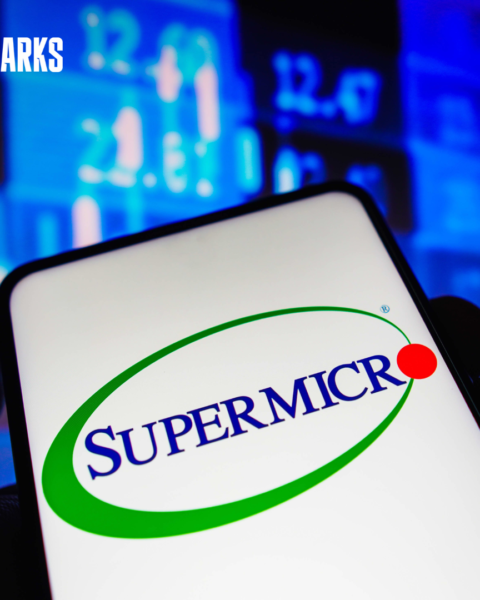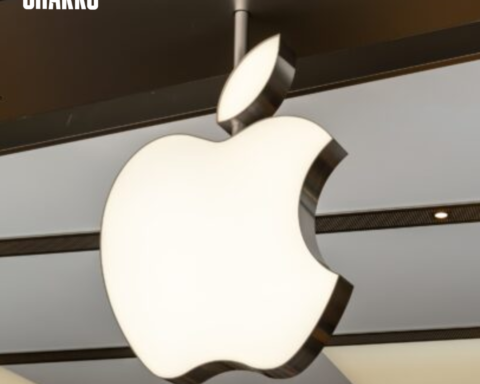Google Leads in Smartphone AI, Apple Expected to Catch Up Soon

The race to integrate advanced artificial intelligence (AI) capabilities is intensifying in the highly competitive smartphone market. Google has recently made significant strides in this domain, unveiling a series of new AI-driven features for Android at its Google I/O developer conference.
These enhancements include expanding the intuitive circle-to-search function, which was first introduced by Samsung at the Galaxy Unpacked event earlier this year. This feature allows users to simply circle or scribble over objects or text on their screen to initiate a search, making the smartphone experience more seamless and interactive.
One notable addition to this function is the homework helper feature, which assists students with physics and math problems by explaining the steps to solve them rather than just providing answers.
This educational tool underscores the practical applications of AI in everyday tasks, enhancing the utility of smartphones and tablets.
Integration of Gemini AI Models:
Google is also integrating its Gemini generative AI models more deeply into Android.
These models enable users to drag and drop AI-generated images into documents, emails, and messages and to utilize summarization capabilities to extract specific information from videos through the “Ask this Video” feature.
This integration highlights Google’s commitment to leveraging AI to enrich user experiences across various applications.
Apple’s Upcoming AI Features:
While Google currently leads in deploying AI features on smartphones, Apple is expected to make significant announcements at its Worldwide Developer’s Conference (WWDC) next month.
Industry observers anticipate that Apple will introduce various generative AI-powered features, potentially closing the gap with Google.
Apple is rumored to focus on running large language models (LLMs) directly on iPhones, enhancing privacy and performance by allowing some applications to function without needing a cloud connection.
On-Device AI and Privacy:
Both Google and Apple recognize the benefits of on-device AI processing. Google’s upcoming Gemini Nano model will be the first mobile operating system to include on-device AI capabilities, supporting multimodal inputs such as spoken language, sound, and camera inputs. This advancement is expected to enhance digital assistant functionalities, making them more responsive and intelligent.
For instance, Google’s TalkBack feature will leverage these capabilities to describe images to visually impaired users. In contrast, the Scam Detection feature will analyze phone conversations for potential fraud in real time, emphasizing the importance of on-device processing for privacy and security.
Future Prospects:
As Google rolls out these AI-powered features to newer Android devices throughout the year, Apple will likely introduce similar capabilities in its next iOS update.
There are rumors that Apple may license technologies from Google and OpenAI to enhance its offerings.
This convergence of AI technologies indicates a future where smartphones become increasingly “smart,” offering more intuitive and rewarding user experiences.
Share This
Tony Boyce is a seasoned journalist and editor at Sharks Magazine, where his expertise in business and startups journalism shines through his compelling storytelling and in-depth analysis. With 12 years of experience navigating the intricate world of entrepreneurship and business news, Tony has become a trusted voice for readers seeking insights into the latest trends, strategies, and success stories.























